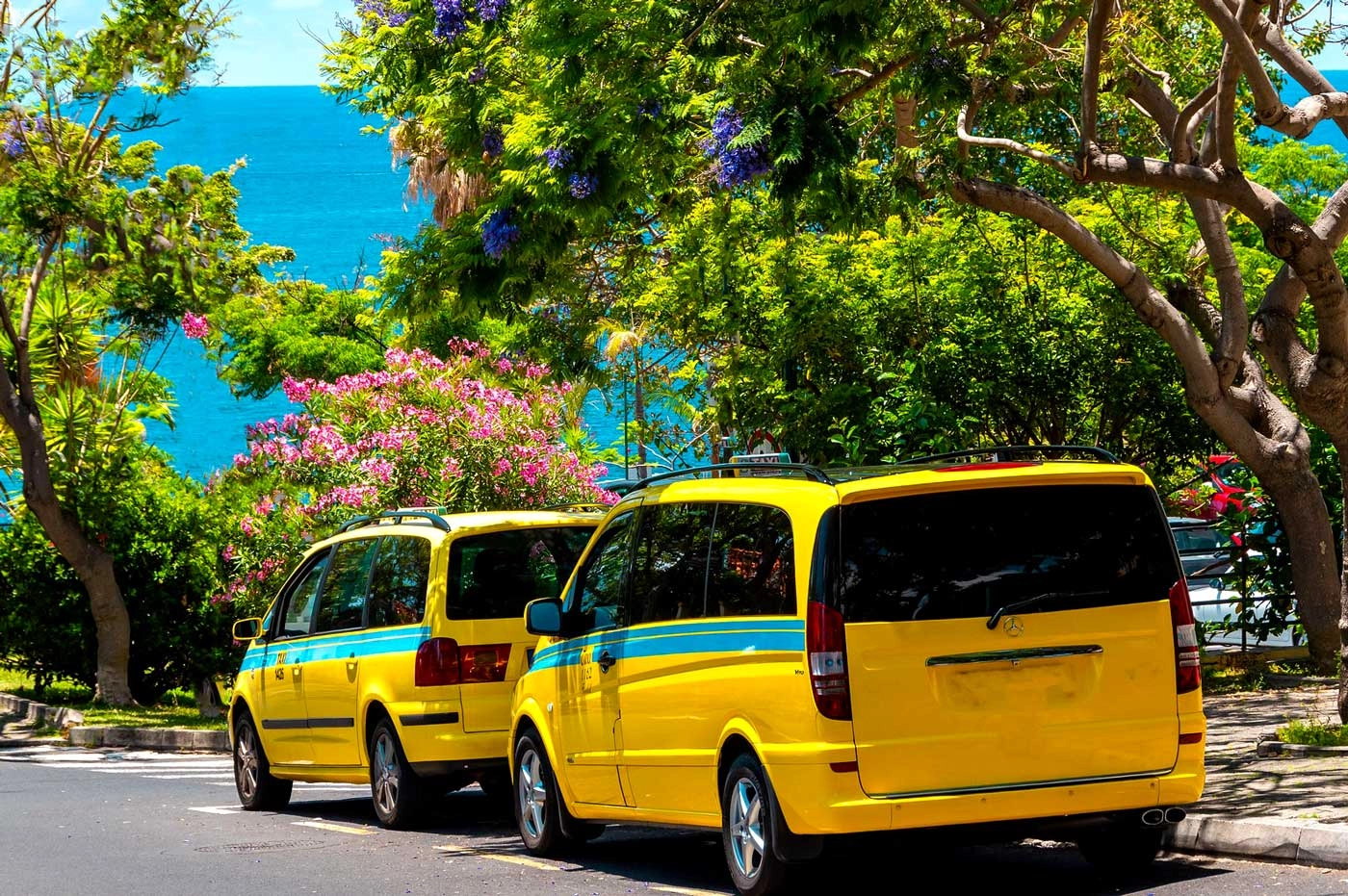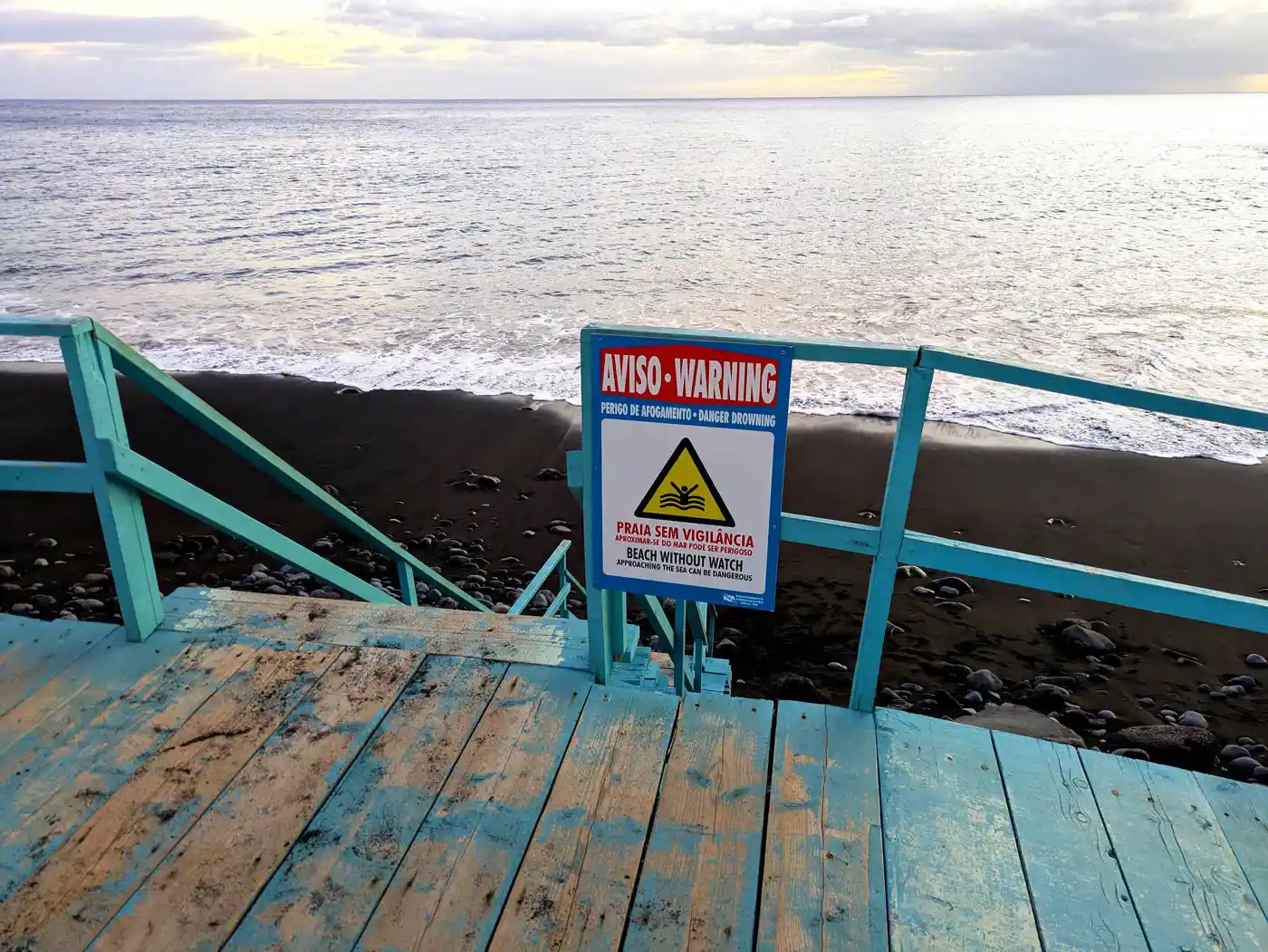Debate on ‘Housing First’ in Regional Assembly
Lawmakers in Madeira have started to discuss a proposal from the Socialist Party (PS) to introduce the Housing First model as a new response to homelessness. The debate opened on 20 November 2025 after the party formally presented its plan to the Regional Government. The proposal follows the national strategy for the inclusion of homeless people for 2025–2030 and aims to give immediate access to stable housing as the first step in long-term support.
The Socialist Party recognizes that the phenomenon of social exclusion and homelessness is complex and naturally requires integrated and diversified policies
Isabel Garcês (PS), Diário de Notícias Madeira
Pilot Project Suggests Selecting 10 Candidates from 177 Homeless Residents
According to PS figures, Madeira has 177 people living without stable housing. The party suggests beginning with a pilot project that would select 10 participants.
Each person would receive a permanent home as a first step, followed by close psychosocial support from a multidisciplinary team made up of psychologists, nurses, a case manager and a social reintegration specialist. The party argues that this method can offer a human-centred response.
Programme First Tested Nationally in 2009 With Success Rates up to 90%
PS deputy Isabel Garcês noted that Housing First began in Portugal in 2009 and is now used in several countries. Reported success rates range between 70% and 90%, depending on the location and structure of the programme. Supporters of the proposal say these results indicate that stable housing before treatment and rehabilitation can help people regain independence more effectively.
National 2025–2030 Strategy and EU Guidance Shape the Proposal
In a press conference, Isabel Garcês said Madeira should take part in the national 2025–2030 inclusion strategy and follow European Union recommendations.
The proposal also calls for cooperation between Social Security services, local councils, NGOs and private social institutions, with research support from a university or research centre to study both social and financial impacts.
Source: Diário de Notícias Madeira






Comments